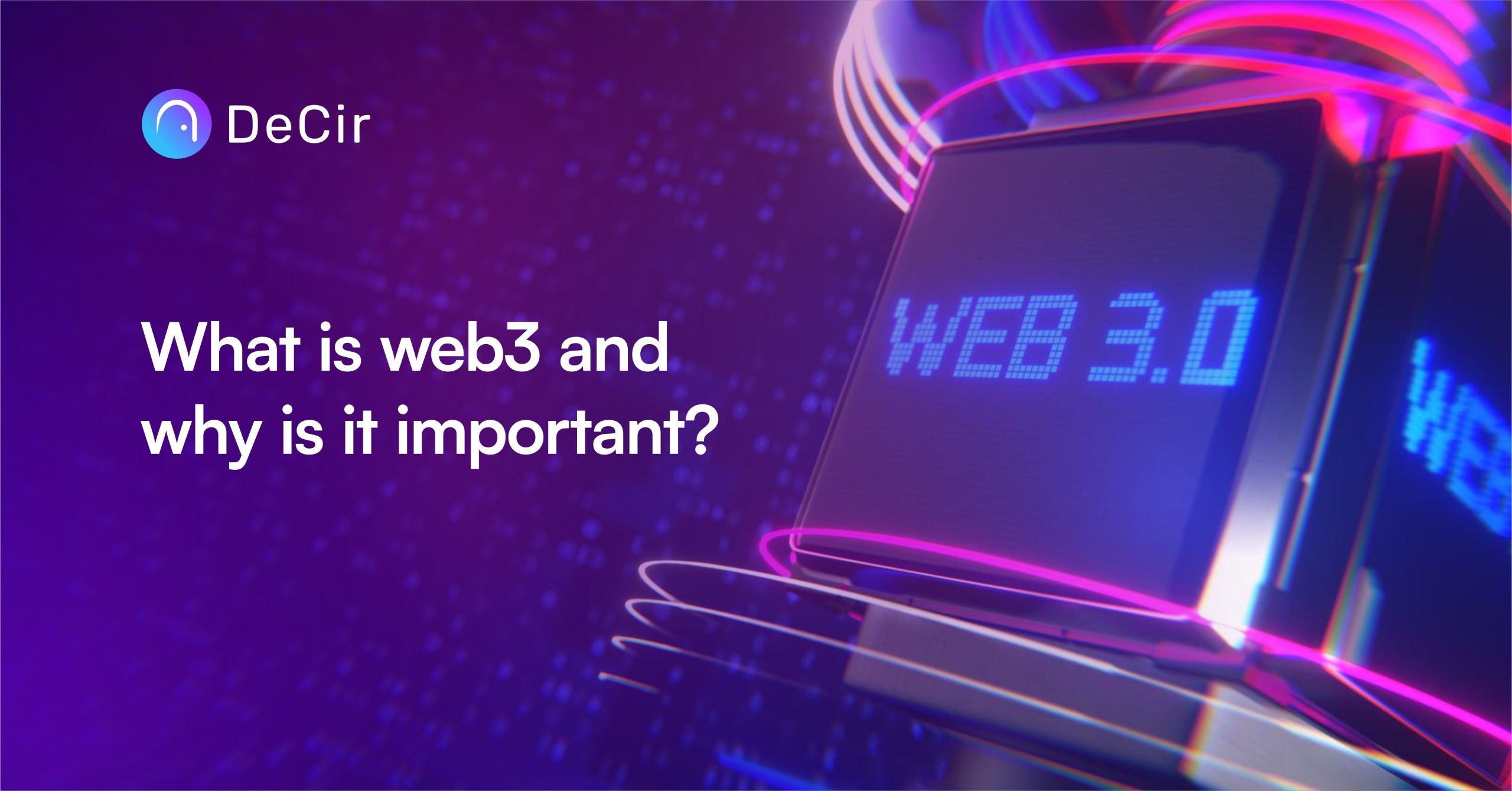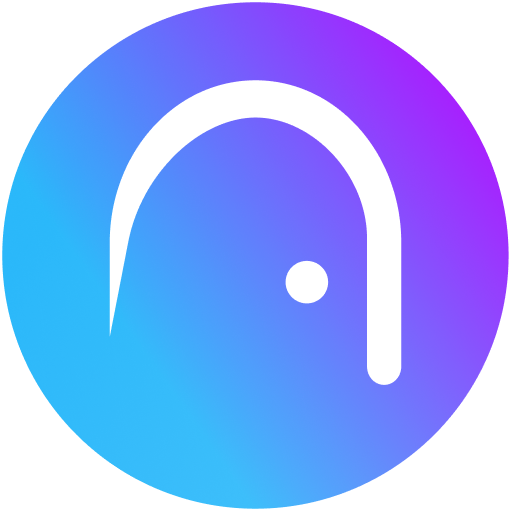Web3 is no longer an abstract concept, it is fast becoming the reality of people worldwide. Web3 is considered the next phase in the evolution of the internet. In this phase, the internet becomes decentralized and personalized, and users have full control over their data and privacy.
TL;DR
- Web3 is the era of a decentralized internet. This era is largely powered by blockchain technology
- It is also regarded as the era of personalized information where users only interact with information that is of interest to them
- Additionally, Web3 introduces an era where users have control over their data and privacy.
Web2 before Web3
Web2 is the current system of the internet that most of us have become familiar with—an era where big tech companies dominate and dictate what they want and how people interact with products.
There are quite a number of challenges with Web2 that Web3 seeks to improve on. First, Web2 is centralized. This means that the present internet is controlled by tech companies, which dictate the terms of use and rules guiding usage. Any user who falls short of these rules is sanctioned or prevented from using the platforms altogether.
Web2 is also characterized by a lack of privacy for individual data. Oftentimes, big tech companies use user data to make money. They do this through ad services to businesses that have to compete through cost-per-click systems in order to serve their ads to users. As a result, users are left with interrupted experiences that border on data privacy infringements.
Also read: NFT licensing mistakes to avoid
What is Web3 all about?
If you have been around the tech space for a while, you must have heard a thing or two about Web3. While the term is often associated with the crypto space, the main tenets of Web3 show how it is tied to the everyday usage of the internet. In other words, Web3 is all about the emergence of a decentralized internet.
By decentralization, it means that Web3 introduces a system where no single entity or big tech company dominates usage or dictates how users interact with systems. It is an era characterized by decentralization, data privacy, blockchain technology, and the emergence of the creator economy.
In this era, software applications will be built on open, decentralized blockchains. Users will be able to interact with applications without fear of data vacuuming. Additionally, users can interact with applications that only interest them. Thus resulting in more personalized and uninterrupted experiences. This is without mentioning how users will be able to access financial services in a fully decentralized manner.
Web3 also brings about the emergence of the creator economy. The creator economy refers to the ability of every internet user to be able to create content, build communities, sell token-gated access, and earn based on the content they offer their communities.
On this note, key Web3 concepts such as decentralized finance, decentralized autonomous organizations, decentralized social media, non-fungible tokens, and the metaverse are bound to gain prominence over the next decade.
Interesting piece: How DeCir is promoting collaborations among creators
Conclusion
Web3 is regarded as the next iteration of the internet. It introduces a new model of the internet where interactions are more personalized and users have full control of their data. It is also the era where everyone can truly create and earn without restrictions.


